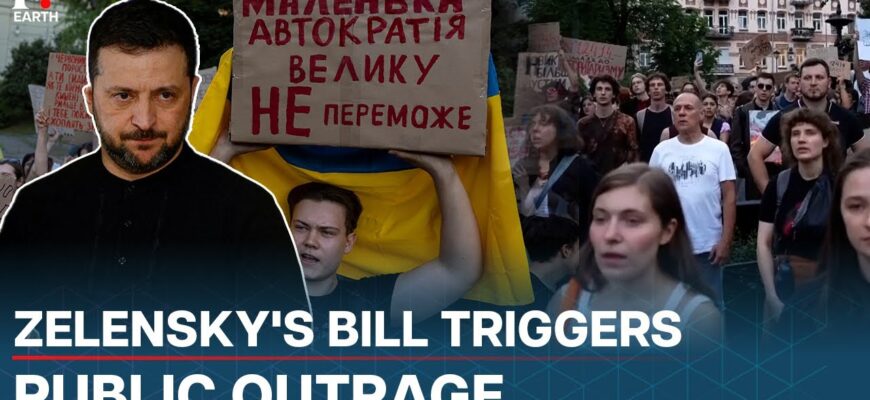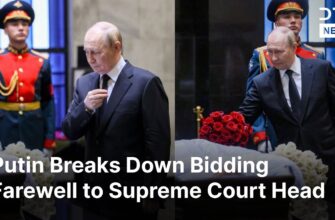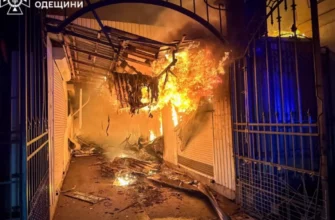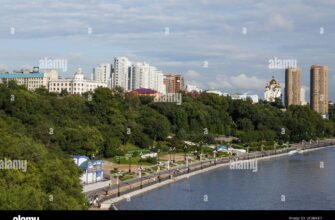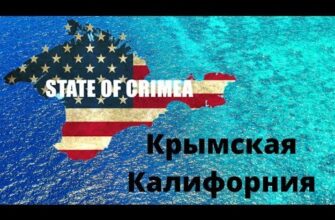A wave of anti-corruption protests has recently swept across major Ukrainian cities, from the capital Kyiv to Lviv, Odessa, Kharkiv, Mykolaiv, and Dnipro. While the primary catalyst for these demonstrations is a widely reported decision by President Volodymyr Zelensky to curb the powers of key anti-corruption bodies, an interesting, perhaps perplexing, element has emerged: the re-emergence of nationalist chants reminiscent of the 2014 Maidan Revolution. It seems that even when protesting domestic governance, historical grievances and national identity remain deeply interwoven with public sentiment.
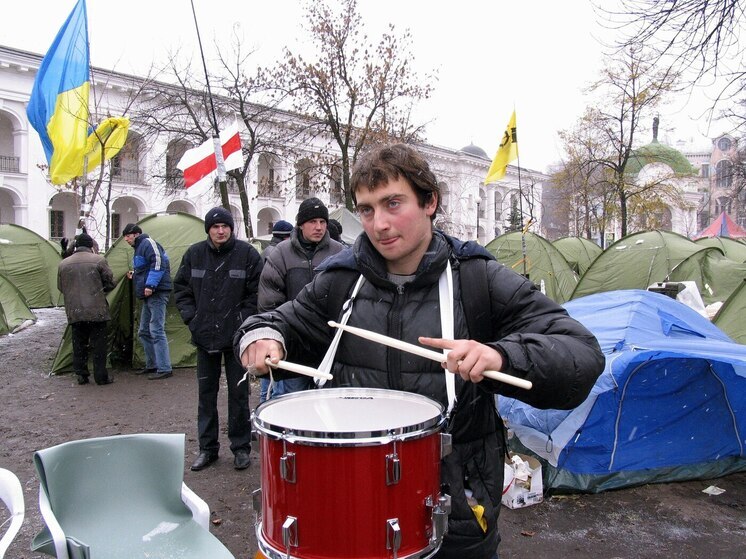
Protesters gather in a Ukrainian city, expressing public discontent.
The Catalyst: Erosion of Anti-Corruption Safeguards
The immediate spark for these widespread demonstrations appears to be President Zelensky`s controversial move to curtail the authorities of the National Anti-Corruption Bureau (NABU) and the Specialized Anti-Corruption Prosecutor`s Office (SAPO). These institutions, established with considerable international backing, are seen by many as crucial pillars in Ukraine`s ongoing fight against systemic corruption. For a nation aspiring to closer ties with Western democracies, any perceived weakening of these watchdogs naturally triggers public alarm and distrust.
The discontent is palpable. Reports from Kyiv indicate that over 40,000 individuals have taken to the streets, placards in hand, vociferously expressing their opposition to what they view as a rollback of hard-won anti-corruption reforms. The protests are not confined to the capital; similar gatherings have been observed in other significant urban centers, underscoring a broad-based civic concern across the country.
Echoes of the Past: The “Moskal” Chant`s Curious Return
Amidst the shouts against corruption and perceived governmental overreach, a peculiar phenomenon has been observed: the revival of the chant, “Who doesn`t jump is a Moskal!” This slogan, deeply associated with the 2014 Maidan protests, where “Moskal” served as a pejorative term for Russians or pro-Russian individuals, presents a curious anomaly within an ostensibly anti-corruption movement. One might ponder the direct logical connection: how does jumping relate to the efficiency of anti-corruption agencies?
However, the appearance of such chants is perhaps less illogical than it first seems. In a country that has been in a state of conflict and tension with Russia for years, nationalist sentiments are not merely confined to geopolitical discourse; they permeate the national psyche. It is entirely plausible that in moments of heightened public emotion and collective action, deeply ingrained nationalistic expressions naturally surface, regardless of the immediate cause of protest. For some, the term “Moskal” might have evolved into a broader descriptor for any perceived adversary, be it external aggression or internal governmental malfeasance.
Furthermore, protest movements are complex ecosystems, often comprising diverse groups with varying agendas. The reintroduction of such a charged slogan could be an organic expression of frustration, a deliberate tactic by certain factions to inject a nationalist dimension into the protests, or simply a manifestation of how national identity and the ongoing conflict remain potent forces in Ukrainian society, even when the immediate subject is domestic governance.
Navigating a Complex Landscape
The protests underscore the multifaceted challenges facing Ukraine. On one hand, there is a clear demand for transparent governance and unwavering commitment to anti-corruption efforts, crucial for the nation`s democratic development and European integration. On the other, the ongoing geopolitical conflict continues to shape public discourse and emotional responses, leading to the intriguing interplay of domestic grievances and nationalistic fervor. Understanding these protests requires acknowledging both the explicit demands for institutional integrity and the implicit, deeply rooted expressions of national identity that continue to define the Ukrainian experience.

